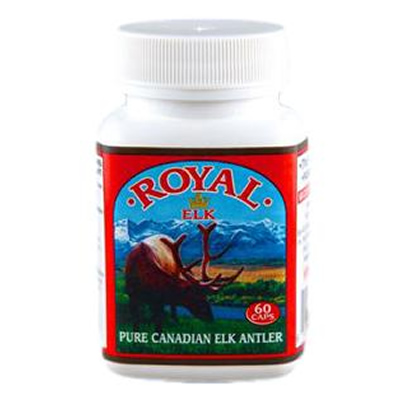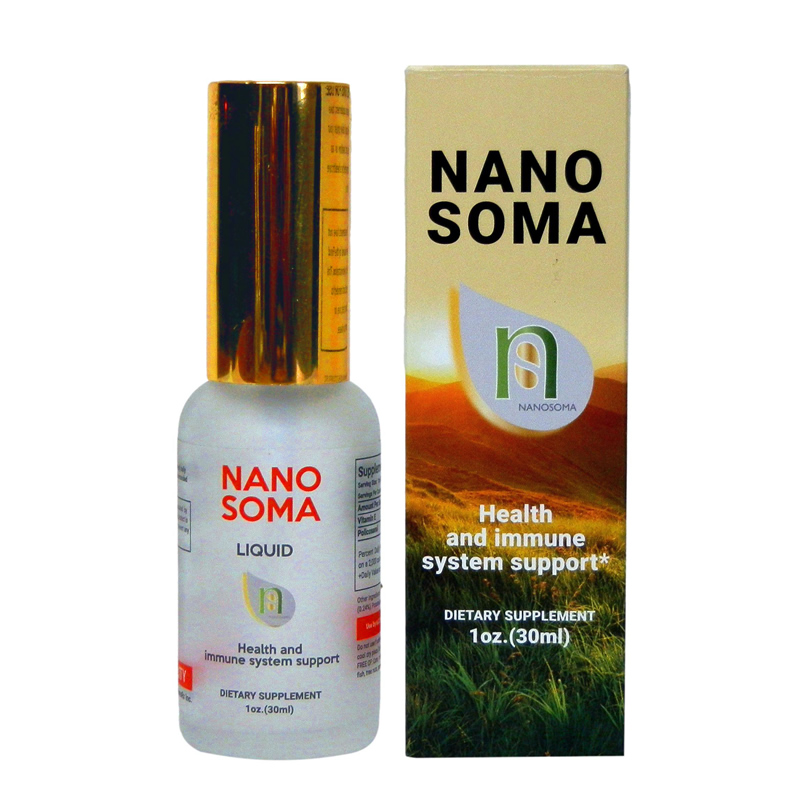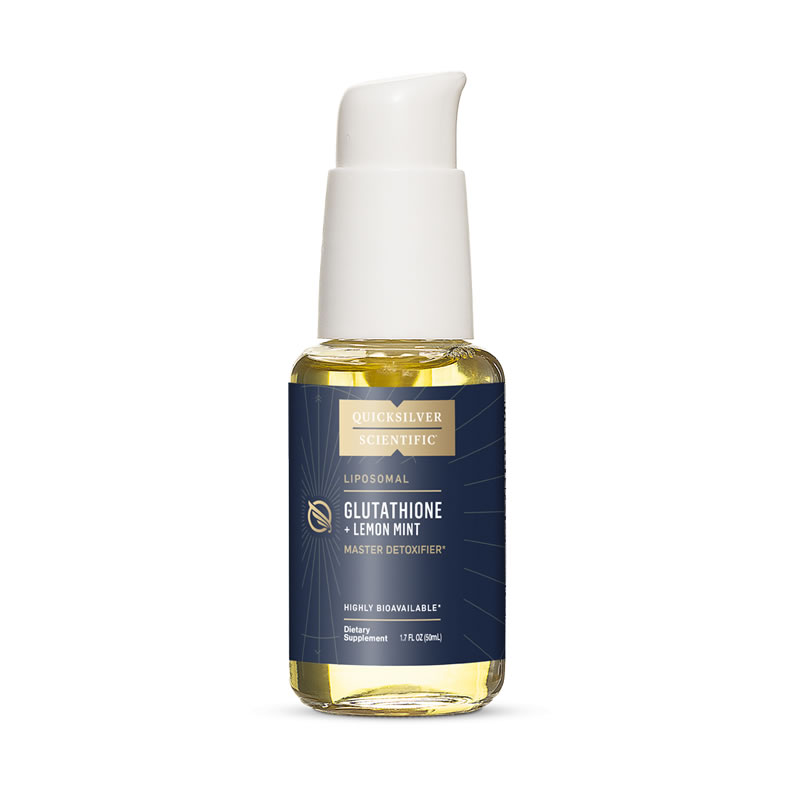No products in the cart.
Elk Antler is Anti-aging
Turn Back the Clock
In this article, I would like to bring up the systemic benefits of antler-the proven support for healthy function of our body’s internal organs. General health benefits of velvet antler include mental effects and benefits for sex drive and performance. The many systemic benefits of velvet antler include: better digestion, significant pain reduction, loss of excess weight and body fat, improved immune function with greater resistance to illnesses, enhancement of cholesterol lowering programs and assistance In support of blood pressure lowering strategies. The numerous systemic effects are a direct Consequence of the well-researched components of antler that I have discussed in previous articles. They include the many growth factors, glycosaminoglycans, gangliocides, polyamines, linolenic acid, amino acids, type 2 collagen, minerals and trace elements listed earlier. It is important to understand that, while antler is not a panacea for all bodily dysfunctions, the very nature of antler, an annually regenerating structure unique among mammals, imparts it with special properties that are responsible for so many beneficial, wellness and youth promoting effects.
Effects of Velvet Antler on the Immune system
In scientific studies analyzing the medicinal properties of velvet antler, Dr. Peter Fennessey, GM of the Invermay Research Center in New Zealand, reported in 1985 that antler extracts improved cell growth in lab animals and also produced anti-tumor and antiviral effects (reference 1). Considerable research on the immune boosting effects of velvet antler have been done, including Suttie’s papers (reference 2).
Asian Research
Extensive scientific literature from Russia, Korea and China have shown the efficacy of velvet antler in high blood pressure, anemia, stress, chronic fatigue and exhaustion, sexual problems, inflammation and in stimulating normal growth and metabolism (references 3-5). A large New Zealand study confirmed the Russian, Korean and Chinese findings, showing that velvet antler had at least two modes of action on immune function. Among their many tests, they found that velvet antler protected the kidneys and other internal organs of tested animals from damage called by toxic drugs (reference 6).
Effects on Joint Disorders
There is considerable research on velvet antler showing its beneficial effects on joint disorders. Antler components responsible for these remarkable effects Include glucosamine sulfate, chondroitin sulfate and type 2 collagen, an exciting synergistic modulator of joint and muscle health. Type 2 collagen research is shedding light on how we may be able to naturally and effectively treat Inflammatory joint condition. Antler is an important part of this research (reference 7).
Support for the Bloods
Velvet antler has long been used as a specific remedy in traditional medicine for anemia, and studies show that It has a potent erythropoetic effect, meaning that it stimulates formation of red blood cells. Velvet antler has a strong Influence on normalizing blood pressure. Since this blood pressure benefit is so easily demonstrated, it is widely used as a test for its biological activity (references 8-9). With all of these systemic benefits, physicians such as myself find velvet antler to be a particularly fascinating nutritional supplement. The combination of our knowledge of several thousand years of clinical usage with the emerging studies focusing on the anti- aging benefits of the growth factors in velvet antler has created much excitement in the anti-aging community.
The Anti-aging Sexual Revolution
Among the most disappointing elements of aging for both men and women are declining libido, or sex drive, declining sexual performance, and declining stamina. While the declines vary from person to person, most men and women over 40 experience periodic or frequent loss of interest in sexual relations, and occasional or frequent difficulty achieving full enjoyment during sex.
The Testosterone Link
Libido and performance have both physiological and psychological components. The sex hormone testosterone is considered a crucial hormone for a healthy sex drive in women as well as men. Frequently, testosterone levels will decline in younger men and women due to stress-related reduced hormone production. Declining levels of testosterone normally occur in men and women in their 40’s and 50’s, especially after menopause and andropause (the male equivalent). Studies show that a dramatic drop in sex drive and sexual responsiveness accompanies testosterone deficiency in men and women. One group of researchers also found that sexual gratification in women directly correlated with their testosterone levels. A more recent preliminary study from a team of Dutch researchers finds that testosterone may also have specific physiological effects on vaginal arousal, contributing to genital sensation and arousal in response to visual stimuli. Testosterone appears to stimulate neurons in the brain that activate the nervous system-which plays a major role in both male and female sexual response.
Amino Acids and Sexual function
Optimal amino acid status contributes to sex drive and function. With aging, our absorption of dietary amino acids may decline. One such amino acid is phenylalanine. It is described as an essential amino acid-the body cannot produce it, so it must obtain it from dietary sources. Among its many therapeutic uses, phenylalanine can increase levels of sexual interest. Another amino acid, histidine, helps to promote sexual arousal. A double blind, placebo-controlled study shows that amino acid L-arginine holds therapeutic promise in treating men with erectile dysfunction stemming from low levels of nitric oxide, a natural body substance that relaxes blood vessels and helps enable penile erections.
Sexual Function and IGF-1
Growth hormone, produced by the pituitary gland in the brain, is anabolic. It stimulates the body’s regenerative building of muscle and bone tissue. Increased lean muscle mass, higher energy levels, and a greater sense of well being are associated with optimal levels of growth hormone. For this reason, growth hormone is a key component of anti-aging programs that address a lifelong decline of physical and emotional health, including waning sex drive and weakened sexual function. Both men and women who are growth hormone deficient often experience decreased libido and sexual function.
And, because growth hormone stimulates testosterone secretion and the ability to build muscle tissue, restoring it to optimal levels can help increase the size of the penis in men and the clitoris in women suffering from age-related shrinking. Dr. Ronald Klatz, a well-known authority on growth hormone and IGF-1, states that women on growth hormone therapy report increased libido and a heightened sense of sexual arousal, including a greater frequency of orgasm. Klatz also reports that as many as 75% of men on growth hormone therapy experience increase in sexual potency or frequency. Similarly, a recent study by the University of California School of Medicine found that raising IGF-1 in men between the ages of 55-71 significantly improved their libido.
Sexual Youthfulness
The reputation of velvet antler as a stimulator of sex drive and performance is widespread, and deservedly So. The effect of velvet antler on patients with sexual disorders has been widely documented, especially by Russian clinical researchers, with the result that it is regarded as one of the most effective known remedies for impotence and other sexual problems. In clinical studies with men, velvet antler appears to improve testosterone levels. In women, it has been shown to boost both testosterone and estrogen production. Velvet antler’s high level of amino acids, including phenylanaline, histadine and arginine, provides the body with the appropriate amino acids to stimulate it to increase hormone production. Not only can velvet antler improve general sexual function, It can also help regulate the activity of the sex organs, resulting in an improvement In female menstrual cycle and the symptoms of menopause. Gonadotropic effects in males include increased sperm counts. The Chinese consider velvet to be an essential part of their traditional management of infertility.
The most dramatic sexual enhancement often observed includes increased libido in both men and women. Users of velvet report Improved sexual performance, men report improved erectile function, and overall, it is quite common to hear from couples that their sex life is more satisfying. We have been able to follow the status of numerous users of the new sublingual velvet antler spray, Longevitrol, over the last year. It is common to hear stories of the enjoyment sex partners are experiencing within several weeks of use. Besides feeling more romantic, many men are reporting “Viagra-like” effects from this product, no doubt due to the Inhibition of nitric oxide that velvet antler may cause. This is the same mechanism of action of that well-known drug, but without the side effects and with a greater duration of action. While these results vary from person to person, my patients who are experiencing this are amazed and immensely pleased. Much more information is available on this subject. Antler has been mentioned prominently in textbooks on enhancing sex life using natural methods. Let us know what your results are! Good-bye for now, and stay young!
Dr. Stephen Center, MD:
Anti-aging Expert, Medical Director, Readicare Urgent Care Centers of America, Medical Director, Matrix Health Products.
Dr. Stephen A. Center is a family physician in San Diego, California, with a practice emphasizing complementary and alternative medicine, anti-aging and progressive treatment of functional disorders. Dr. Center is a graduate of University of Michigan in Ann Arbor, where he graduated with high honors in 1974, majoring in Zoology. He obtained his medical degree at Albert Einstein College of Medicine in New York, where he was honored for his work in community medicine. He interned at University of California in San Diego in General Surgery, and did his residency at Tulane University in New Orleans in Orthopedic Surgery. In the 1970’s and 1980’s, Dr. Center served as the director of Lake Charles Regional Trauma Center in Louisiana, medical director of Air-Evac International, and area director of Readicare Urgent Care Centers of America in California. He currently serves as medical director of the American Institute of Anti- aging in Solana Beach, California, and medical director of Matrix Health Products in San Diego.







